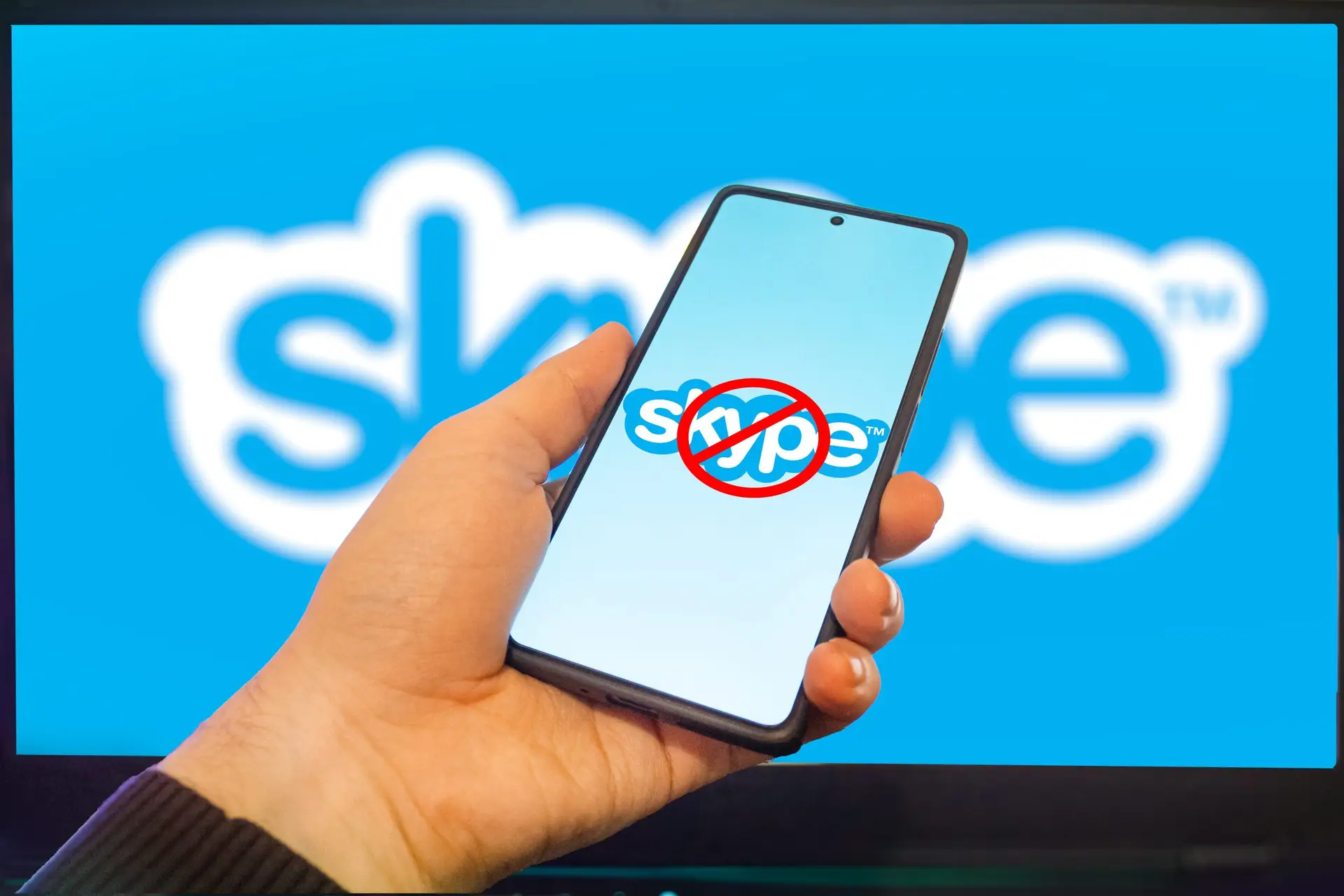After more than two decades of connecting people worldwide, Skype has officially been retired by Microsoft. The decision marks the end of an era for the platform that once revolutionized internet-based communication.
Launched in 2003, Skype quickly became synonymous with video calling, allowing users to connect across continents with ease. Its distinctive ringtone and user-friendly interface made it a staple for both personal and professional communication.
Microsoft acquired Skype in 2011 for $8.5 billion, integrating it into its suite of services. However, as technology evolved and user preferences shifted towards more integrated communication solutions, Skype’s prominence began to wane.
Transition to Microsoft Teams
In response to changing market dynamics, Microsoft has been steering users towards Microsoft Teams, its comprehensive collaboration platform. Teams offers features such as persistent chat, advanced meetings, file sharing, and deep integration with the Microsoft 365 ecosystem, catering to the demands of modern, mobile-first communication.
The transition reflects Microsoft’s strategic focus on providing a unified communication experience, aligning with the needs of businesses and individuals in an increasingly digital world.
User Reactions and Migration
The announcement of Skype’s retirement has elicited a mix of nostalgia and concern among users. Many recall the platform’s role in maintaining personal connections and facilitating remote work. Some users have expressed apprehension about adapting to new platforms, particularly those less familiar with emerging technologies.
To ease the transition, Microsoft has provided tools for users to export chat histories and contacts. Additionally, Teams now supports sign-in with Skype credentials, aiming to streamline the migration process.
The Broader Landscape
Skype’s retirement is part of a broader trend of phasing out legacy applications in favor of more integrated, cloud-based solutions. Other notable retirements include MSN Messenger, Internet Explorer, and iTunes, each giving way to platforms better suited to current technological standards and user expectations.
As the digital communication landscape continues to evolve, platforms like Zoom have emerged as dominant players, particularly in the wake of increased remote work and virtual collaboration. Zoom’s user-friendly interface and widespread adoption have solidified its position in the market, highlighting the dynamic nature of technology adoption.
While Skype’s chapter has closed, its impact on digital communication endures, having paved the way for the myriad of tools and platforms that facilitate connection in today’s interconnected world.

